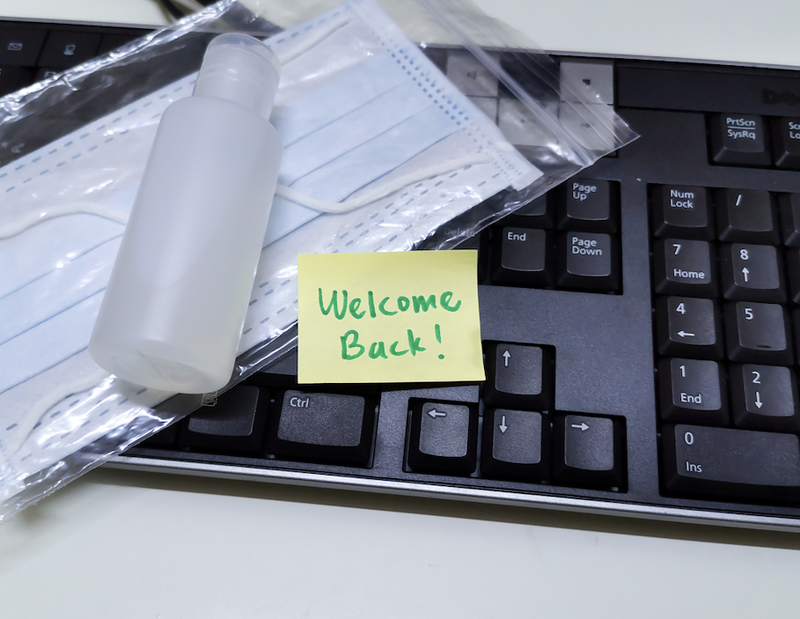
(WBBM NEWSRADIO) — Shifting to remote work at the start of the coronavirus pandemic was a challenge, but a hybrid work model is proving to be just as difficult.
One of the biggest obstacles employers face is treating remote and in-person employees equitably.
Jeremy Glenn, a labor and employment lawyer at the Chicago office of Cozen O’Connor, explains it this way:
“Who gets to work remotely and when? And every business needs to have objective criteria for deciding, ’Is this the type of work that can be done remotely sometimes, or all the time?’ and ‘Is this the type of individual who can succeed in that role?’”
Vaccination status will also create complications.
Glenn tells WBBM Newsradio the general consensus is that private employers can require vaccination for employees to return to the office.
“The more troubling situation will be what happens in the office environment when there are some who are vaccinated and some who are not vaccinated,” he added. “At least under current guidelines right now, the vaccinated don't have to wear masks and don't have to observe the social distancing requirements. But the unvaccinated do.”
His advice to employers? Ask those who are vaccinated to sign a certification and continue to follow local health guidelines.
For employees who remain fully remote, organizations are struggling to ensure people are accurately paid for the hours they work.
IT security is another concern.
“We know during the pandemic that phishers and hackers have become more sophisticated. And with individuals working from home, they may not have the same robust security protection that's available in an office setting,” Glenn said.
LISTEN on the Audacy App
Sign Up and Follow Audacy
Facebook | Twitter | Instagram

